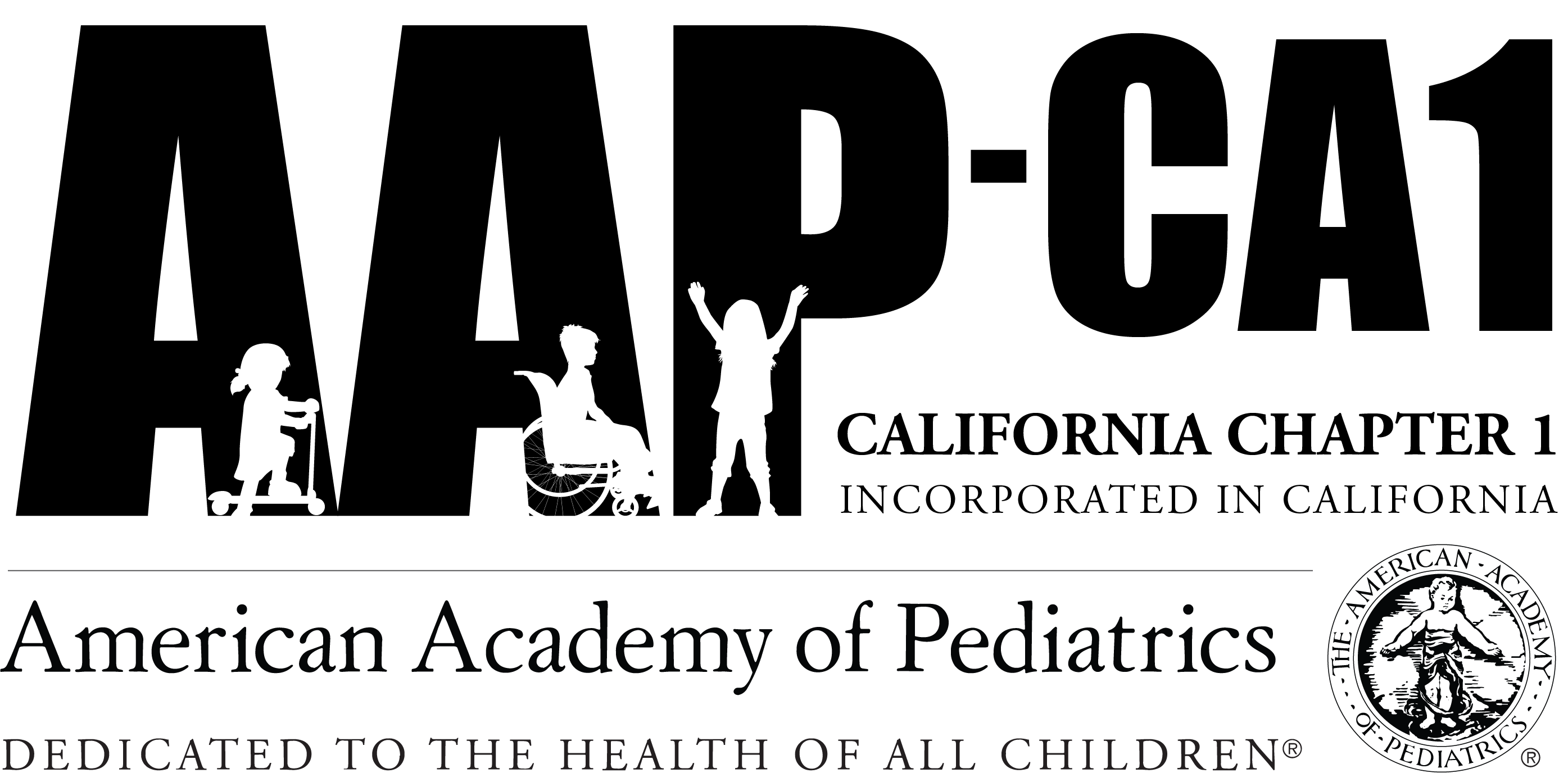Sarah Benke, DO
The Adverse Childhood Experiences (ACEs) Study demonstrated the cumulative negative long-term impact of physical or sexual abuse on the social, emotional and cognitive development of children. (1,2) According to the Centers for Disease Control and Prevention, 1 in 7 children have experienced either abuse, neglect or both. (3) Particular to California, 65,342 victims were reported in 2017, a rate of 7.2 per 1,000 children. (4) Abuse can result in lifelong consequences beyond the initial trauma, including learning difficulties, oppositional behaviors, early sexual activity, and adolescent pregnancy. (5-7) The impact on society from chronic health issues extends into adulthood and carries significant financial repercussions. (6,8) Pediatricians, caregivers, and community-based organizations (CBO) are well-positioned to ensure that therapeutic interventions are initiated promptly. (9,10,11) With the current COVID-19 crisis and limited access to mental health services, the need to consider alternative modalities is critical. (12, 13) Art therapy is an underutilized, alternative therapeutic intervention and several studies have demonstrated that it reduces depression and anxiety (14,16), provides an outlet for children to discuss and symbolize their experiences (15,16), and leads to long-term reduction in traumatic symptoms. (17) My proposal aims to incorporate art therapy as a supplementary therapeutic modality for children who have suffered abuse by providing caregivers, CBOs and pediatricians education about its use. The first step will be gauging the existing knowledge of CBOs and pediatricians about art therapy and discussing how this resource can be provided to maltreated children. An educational workshop discussing its current research and benefits will be presented to the CBOs, allowing the opportunity to identify gaps in knowledge and better understand barriers to art therapy integration. An art therapy toolkit will be developed and piloted to children who have been abused that with provide community resources and art supplies for five themed projects. These projects will include drawing, watercolor painting, and coloring consistent with the following themes: Support, Positive Expression, Controlling Emotions, Creating Boundaries, and Empowerment. We will work closely with the CBO to collect a list of local community resources to be provided in these toolkits, including local medical homes. The toolkits can be dispersed to pediatric clinics in Fresno and Madera Counties to educate providers on resources in the area as well as the benefits of art therapy. Survey responses will serve as an indication to the effectiveness of the educational workshop to CBOs and the benefit of art therapy observed by caregivers of maltreated children. The “Healing Through Art Therapy: HART Approach” aims to: Objective 1: Evaluate the knowledge, current utilization and perceived effectiveness of art therapy among pediatricians, caregivers of maltreated children, and CBOs. Objective 2: Determine perceived barriers to incorporating art therapy among CBOs, pediatricians and caregivers. Objective 3: Design a longitudinal, sustainable educational workshop about the benefits and implementation of art therapy that includes a toolkit to demonstrate techniques and provide local community resources. Objective 4: Determine whether children have a stable medical home and provide linkage to medical homes and mental health resources, including art therapy.

